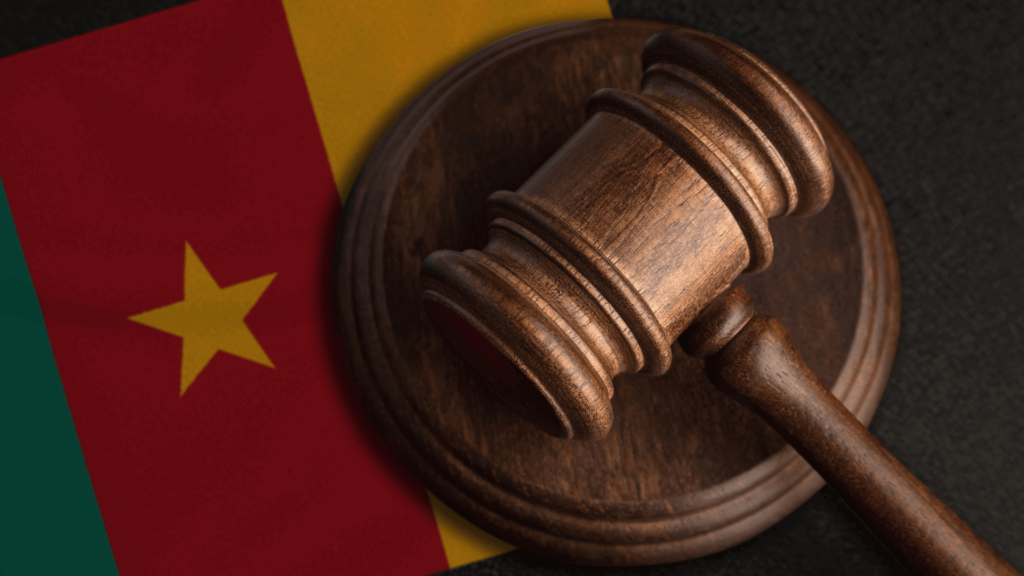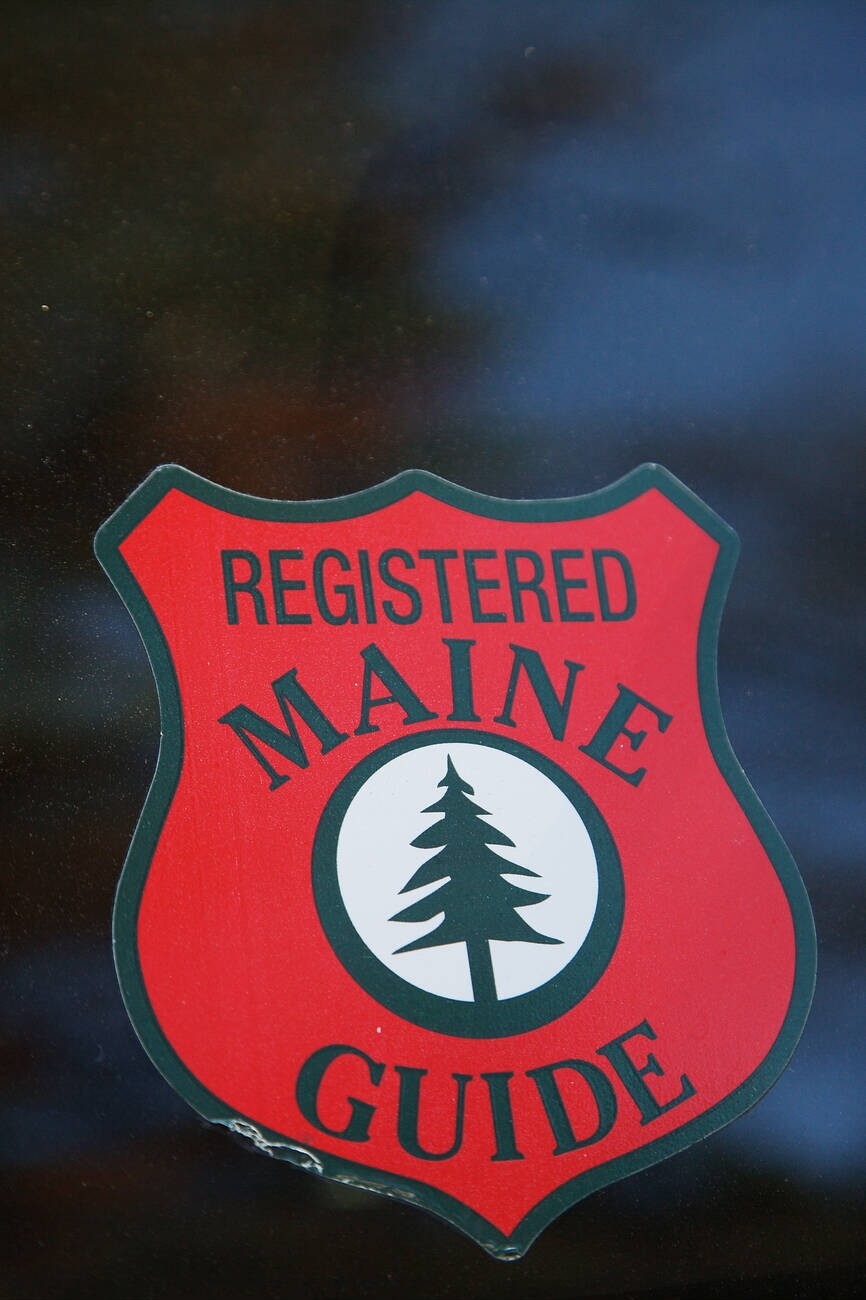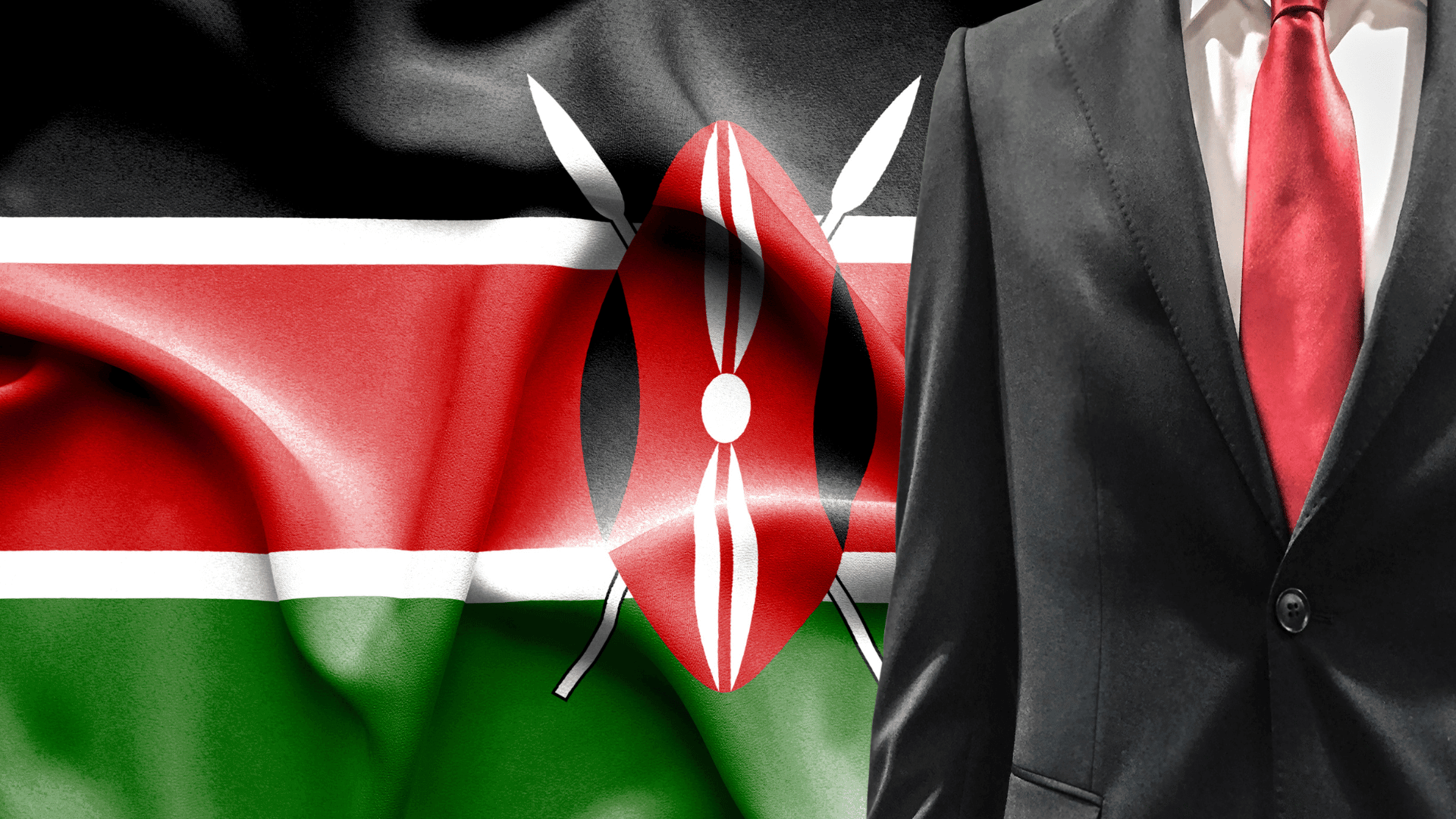Are you considering a career in law in Cameroon? This challenging but rewarding path involves completing a Bachelor of Laws degree, passing the Cameroon Bar Exam, and undertaking a three-year internship to gain practical experience. Given that Cameroon’s legal system is based on written codes and statutes, it necessitates a profound understanding of its civil law framework. This guide will provide a detailed overview of each of these steps to help you kick-start your journey in the legal profession.
Understanding the Legal System in Cameroon

If you’re interested in pursuing a career in law in Cameroon, it’s important to have a basic understanding of the country’s legal system. Cameroon operates a bijural system, with the English Common Law in operation in the two Anglophone regions of North West and South West, and the French Civil Law in operation in the eight francophone regions of Adamaoua, Centre, East, Far North, Littoral, North, West, and South.
English Common Law
The English Common Law system is based on case law, which means that the decisions made by judges in previous cases are used as a precedent for future cases. This system places a great deal of emphasis on the role of judges in interpreting the law and making decisions based on the facts of the case at hand.
French Civil Law
The French Civil Law system, on the other hand, is based on a written code of law. This means that the law is codified and judges are expected to apply the law as it is written. This system places less emphasis on the role of judges in interpreting the law and more emphasis on the role of lawmakers in creating the law.
Other Legal Systems
In addition to the English Common Law and French Civil Law systems, Cameroon also recognizes customary law and Islamic law. Customary law is based on the customs and traditions of different ethnic groups in Cameroon, while Islamic law is based on the teachings of the Quran.
Overall, understanding the legal system in Cameroon is an important step in pursuing a career in law in the country. Whether you’re interested in practicing in the Anglophone or Francophone regions or in working with customary or Islamic law, having a solid understanding of the legal system will help you succeed in your career.
Educational Requirements
If you are interested in becoming a lawyer in Cameroon, there are certain educational requirements that you must meet. These requirements are designed to ensure that you have the necessary knowledge and skills to practice law in Cameroon. In this section, we will discuss the educational requirements that you need to meet to become a lawyer in Cameroon.
Secondary Education
To become a lawyer in Cameroon, you must have a secondary school education. This means that you must have completed your O-level and A-level studies. You should get the correct combination of subjects for the GCE examination. To have at least a pass in two art subjects at the Advanced Level is recommended. However, science students can still study law.
University Education
After completing your secondary education, you will need to pursue a Bachelor of Laws (LLB) degree at a recognized university. This degree program typically takes four years to complete. You can choose to study law at any university in Cameroon that is recognized by the Ministry of Higher Education.
Law School Admission
Once you have completed your LLB degree, you will need to take and pass the Cameroon Bar Exam in order to be eligible for admission to the Cameroon Bar School. The Cameroon Bar Exam is a rigorous exam that tests your knowledge of the law and your ability to apply it to real-world situations. It is important to note that passing the bar exam does not guarantee admission to the Cameroon Bar School.
In addition to passing the bar exam, you will need to meet certain eligibility requirements to be admitted to the Cameroon Bar School. These requirements include having a law degree at the university level, obtaining and carrying out a professional internship of at least 3 years with a solicitor study, and being under the quality control of the National Chamber of Solicitors of Cameroon.
Overall, becoming a lawyer in Cameroon is a challenging but rewarding process. By meeting the educational requirements and passing the Cameroon Bar Exam, you can join the ranks of legal professionals in Cameroon and help to uphold justice and the rule of law.
Professional Training
To become a lawyer in Cameroon, you need to complete professional training. This training includes two main components: Pupil Barrister Training and the Bar Examination.
Pupil Barrister Training
After completing your undergraduate degree in law, you can apply for Pupil Barrister Training. This training is a practical, hands-on program that allows you to gain experience in the legal profession. During this training, you will work as an apprentice to a practicing lawyer, learning the ins and outs of the profession.
The Pupil Barrister Training program typically lasts for one year. During this time, you will be required to attend court hearings, draft legal documents, and assist your supervising lawyer with their cases. This training will give you valuable experience and help you develop the practical skills you need to become a successful lawyer.
Bar Examination
Once you have completed your Pupil Barrister Training, you will need to pass the Bar Examination to become a licensed lawyer in Cameroon. The Bar Examination is a comprehensive test that covers all aspects of the law. It is designed to ensure that you have a thorough understanding of the legal system and are capable of providing competent legal advice to your clients.
The Bar Examination is divided into two parts: written and oral. The written exam consists of multiple-choice questions and essay questions. The oral exam is a more practical test where you will be required to demonstrate your legal knowledge and skills in front of a panel of judges.
To prepare for the Bar Examination, it is recommended that you take a Bar Preparation Course. These courses are designed to help you review and consolidate your legal knowledge and skills. They will also give you an opportunity to practice for the oral exam and receive feedback from experienced lawyers.
In conclusion, professional training is an essential step in becoming a lawyer in Cameroon. By completing Pupil Barrister Training and passing the Bar Examination, you will be well-equipped to enter the legal profession and provide competent legal services to your clients.
Legal Practice and Continuing Development
As a lawyer in Cameroon, obtaining a license to practice is a crucial step in your legal career. To obtain a license, you must complete a law degree from a recognized university and pass the Cameroon Bar Exam. The exam is administered by the Cameroon Bar Association and consists of written and oral components. Once you have passed the exam and met all other requirements, you will be issued a license to practice law in Cameroon.
Obtaining a License to Practice
To obtain a license to practice law in Cameroon, you must meet the following requirements:
- Complete a law degree from a recognized university
- Pass the Cameroon Bar Exam
- Meet all other requirements set forth by the Cameroon Bar Association
Once you have met these requirements, you will be issued a license to practice law in Cameroon. It is important to note that the Cameroon Bar Association has strict rules and regulations regarding the practice of law, and failure to comply with these rules can result in disciplinary action.
Continuing Legal Education
Continuous legal education is essential for any lawyer in Cameroon. As a lawyer, you need to stay up-to-date with changes in the law and legal system to provide quality legal services to your clients. The Cameroon Bar Association requires all lawyers to complete a minimum of 20 hours of continuing legal education each year.
Continuing legal education can take many forms, including attending seminars, workshops, and conferences. These events provide opportunities to learn about new legal developments, network with other legal professionals, and improve your legal skills.
In conclusion, obtaining a license to practice law in Cameroon and continuing legal education are crucial steps in your legal career. By meeting these requirements, you can ensure that you are providing quality legal services to your clients and staying up-to-date with changes in the law and legal system.
Career Opportunities and Specializations
Becoming a lawyer in Cameroon opens up a wide range of career opportunities and specializations. As a lawyer, you can work in various fields such as private practice, corporate law, government, non-profit organizations, and international law.
Private practice is the most common career path for lawyers in Cameroon. In private practice, you can work as a solo practitioner or join a law firm. Solo practitioners have more control over their practice and can choose to specialize in a specific area of law. On the other hand, joining a law firm provides the opportunity to work with other lawyers and gain experience in different areas of law.
Corporate law is another popular career path for lawyers in Cameroon. As a corporate lawyer, you will work with businesses and corporations to help them navigate legal issues such as contracts, mergers and acquisitions, and regulatory compliance.
Government jobs are also available for lawyers in Cameroon. You can work as a public prosecutor, judge, or legal advisor for government agencies. These positions provide an opportunity to work on high-profile cases and make a significant impact on society.
Non-profit organizations also hire lawyers to provide legal services to their clients. As a lawyer working for a non-profit organization, you will work on issues such as human rights, environmental law, and social justice.
International law is another area of specialization for lawyers in Cameroon. You can work for international organizations such as the United Nations or the International Criminal Court. International law deals with issues such as human rights, international trade, and international disputes.
In conclusion, becoming a lawyer in Cameroon provides a wide range of career opportunities and specializations. Whether you choose to work in private practice, corporate law, government, non-profit organizations, or international law, there are many ways to make a positive impact on society and achieve your career goals.
Frequently Asked Questions
What steps must I take to join the Cameroon Bar Association?
To become a member of the Cameroon Bar Association, you must complete a four-year Bachelor of Laws (LLB) degree program from a recognized university in Cameroon. After completing your degree, you must then complete a one-year vocational training program at the Cameroon National School of Administration and Magistracy (ENAM) or the Cameroon Bar Association School of Professional Training. Once you have completed your vocational training, you can then apply to become a member of the Cameroon Bar Association.
Can you describe the educational path to becoming a lawyer in Cameroon?
To become a lawyer in Cameroon, you must first earn a Bachelor of Laws (LLB) degree from a recognized university in Cameroon. After completing your degree, you must then complete a one-year vocational training program at the Cameroon National School of Administration and Magistracy (ENAM) or the Cameroon Bar Association School of Professional Training. Once you have completed your vocational training, you can then apply to become a member of the Cameroon Bar Association.
What are the key legal systems influencing Cameroon’s laws?
Cameroon’s legal system is influenced by both civil law and common law systems. The civil law system is derived from the French legal system, while the common law system is derived from the English legal system. Cameroon’s legal system also incorporates traditional African legal systems, such as customary law.
How does one secure a legal internship in Cameroon during their studies?
To secure a legal internship in Cameroon during your studies, you should reach out to law firms and legal organizations in Cameroon. You can also check with your university’s career services office for internship opportunities. Additionally, you can network with practicing lawyers and attend legal conferences and events to increase your chances of finding an internship.
What are the examination and licensing requirements for aspiring lawyers in Cameroon?
To become a licensed lawyer in Cameroon, you must first complete a four-year Bachelor of Laws (LLB) degree program from a recognized university in Cameroon. After completing your degree, you must then complete a one-year vocational training program at the Cameroon National School of Administration and Magistracy (ENAM) or the Cameroon Bar Association School of Professional Training. Once you have completed your vocational training, you must pass the Cameroon Bar Exam to become licensed to practice law in Cameroon.
How does the duration of legal education in Cameroon compare to other countries?
The duration of legal education in Cameroon is similar to other countries that follow the civil law system. In most civil law countries, including Cameroon, it takes approximately four years to complete a Bachelor of Laws (LLB) degree program. However, the duration of legal education may vary depending on the country and the specific education system.





